Modern diets are more deficient in omega-3’s than they are in any other type of food and yet omega-3 fats are the most powerful anti-inflammatory substance available without a prescription. Omega-3 fats play a critical role in an anti-inflammatory diet but it has been estimated that we are now eating one-tenth of the amount of omega-3 fatty acids required for proper functioning.
In order to maximize the benefits you’ll get from following an anti-inflammatory diet you want to make sure to obtain both “land” and “sea” omega-3 fats every single day.
“Land Omega-3s”
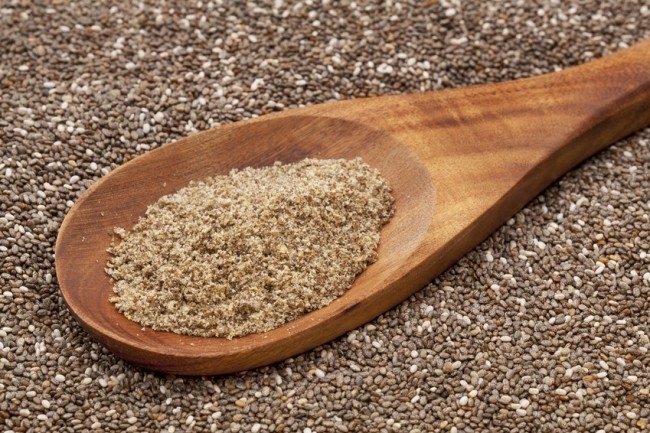
“Land omega-3s” are the vegan omega-3 fats in the form of LNA (alpha-linolenic acid.)
This type of omega-3 fat is found in small amount in vegan foods like walnuts, purslane (a dark leafy green), “whole” soy such as edamame beans and tofu. However, in order to get optimal amounts of LNA daily you need to eat a super-rich source like chia seeds or ground flaxseeds. Ideally, as part of an anti-inflammatory diet, you would eat 2 or 3 tablespoons of either chia seeds or ground flaxseeds each day (note: if you choose to eat flaxseeds it is very important you eat them ground, otherwise your body can’t absorb the omega-3’s properly.) You can grind your own flaxseeds but we particularly like the convenience of Barlean’s Forti-Flax.
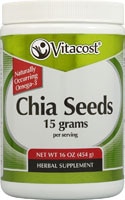
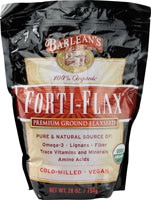
It is also worth noting that by eating
chia seeds and
flaxseeds you will be getting a hefty dose of fiber and phytonutrients. Individually, chia seeds are an incredible source of antioxidants and flaxseeds are a superior source of cancer-fighting and hormone-balancing lignans. Click the image links of the chia and flax seeds in this article to purchase the chia and flax seeds and get the best prices we are aware of through Vitacost.com.
You can easily weave chia seeds and flaxseeds into your anti-inflammatory diet simply by sprinkling them on top of cereal or salad or mixing them into smoothies.
Flax oil is also an excellent way to get vegan omega-3 LNA and can be used in any no-heat recipe as it has a mild, somewhat nutty flavor. Be careful not to heat flax oil as doing so will destroy the omega-3’s and oxidize and damage the oil. And you can’t just put flax oil in the pantry either; it needs to be stored in the fridge and should only be bought in small quantities. Flax oil can be a bit tricky to buy because it needs to be manufactured and handled with care. Over the years we have had the best luck using Barlean’s Flax Oil for superior freshness, quality and taste. The one drawback to using flax oil over flaxseeds is that you won’t get the benefits of the fiber and lignans found in the seeds if you go with the oil. Buy flax oil fresh (don’t order online) as it has to stay refrigerated or it will spoil.
“Sea Omega-3s”
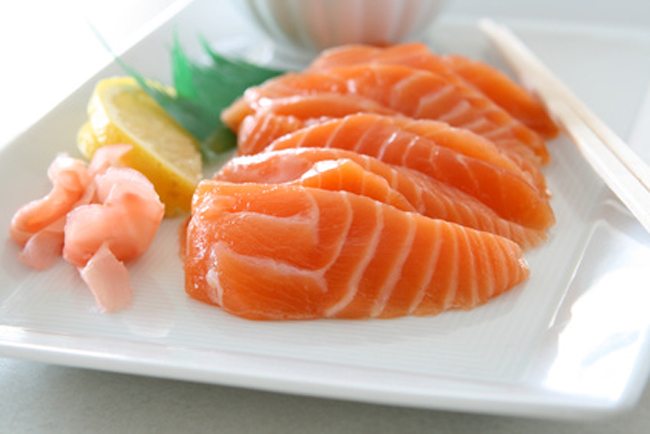
It is worth noting that much of the research that has been done on omega-3’s that proves their powerful anti-inflammatory and cardio-protective benefits have been done on the “sea omega 3’s” in the form of EPA and DHA.
Your body can theoretically make the EPA and DHA from the LNA you get from vegan foods, but it doesn’t always do such a swell job and there are many dietary factors and health problems that can easily thwart the conversion process.
As part of a well-planned anti-inflammatory diet you really need to get all three sources of omega-3’s; LNA, EPA and DHA.
You can get the optimal amount of omega-3 EPA and DHA by eating fatty fish 2 or 3 times a week and taking high quality and ultra purified pharmaceutical grade fish oil supplements on a daily basis.
When eating fish, look for the cleanest versions, which mean choosing wild fish such as wild Alaskan salmon, sockeye salmon, sardines, fresh anchovies, Alaskan black cod, Haddock, Pacific cod, etc. (Note: check out our 15 tips for buying the cleanest seafood HERE.)
Choosing a pharmaceutical-grade fish oil supplement will help to ensure you are getting a purified fish oil. Ideally, you want to make sure to get at least 2,000 mg a day of combined EPA and DHA. Two brands of ultra-purified, pharmaceutical-grade fish oil we particularly like are Shaklee’s Omega Guard or Nordic Naturals.
Algae is another vegan source of DHA worth mentioning if you are a strict vegan. If you supplement your diet with algae sources of DHA just be sure you are getting enough of it. You will need to take a much larger dose of algae than fish oil in order to get the same amount of DHA. Vitacost.com sells an effective product but for optimal results you will need to take 5 to 10 softgel tablets per day. Click the image link below to purchase vegan DHA.
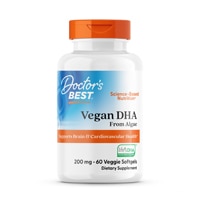
For those of you who are not into supplements the best, most readily available food source of “Sea Omega-3’s” is wild salmon. We buy our wild salmon (and most of our other seafood, too) from VitalChoice.com a company we have vetted thoroughly an definitely provides a high quality, naturally sourced wild product. Click the link below to order and enjoy !!

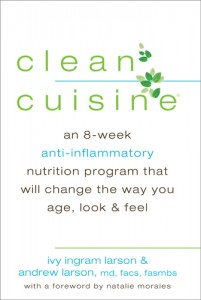

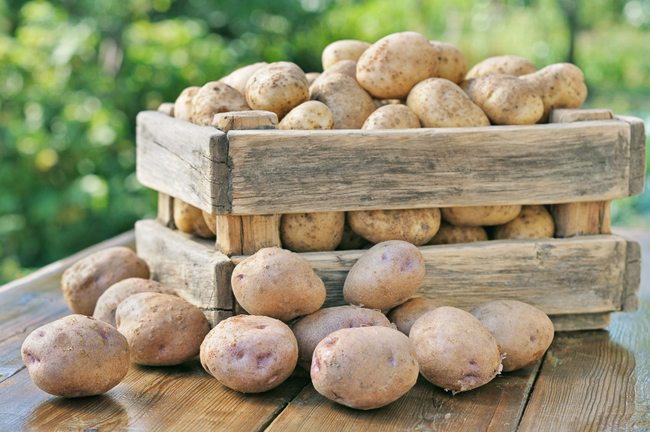
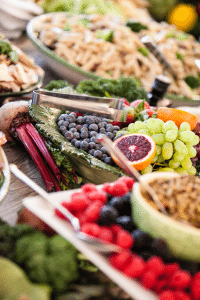

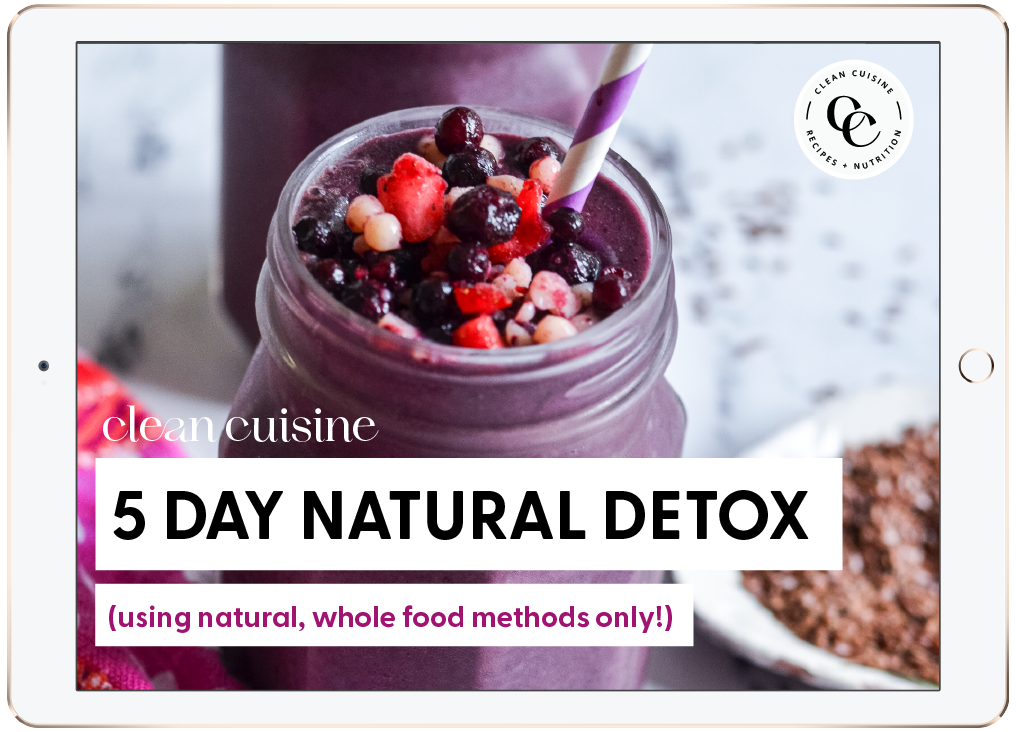
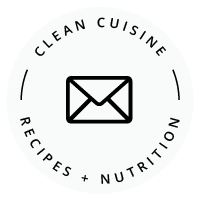
Maura Gaffey
Tuesday 8th of February 2022
I used Ivy’s book as a guide when I was diagnosed with MS in 2009 and it has helped keep me stable and no flare ups since. I was recently asked to connect with someone diagnosed and found a copy on line to send to them to have. The search led me to this site!